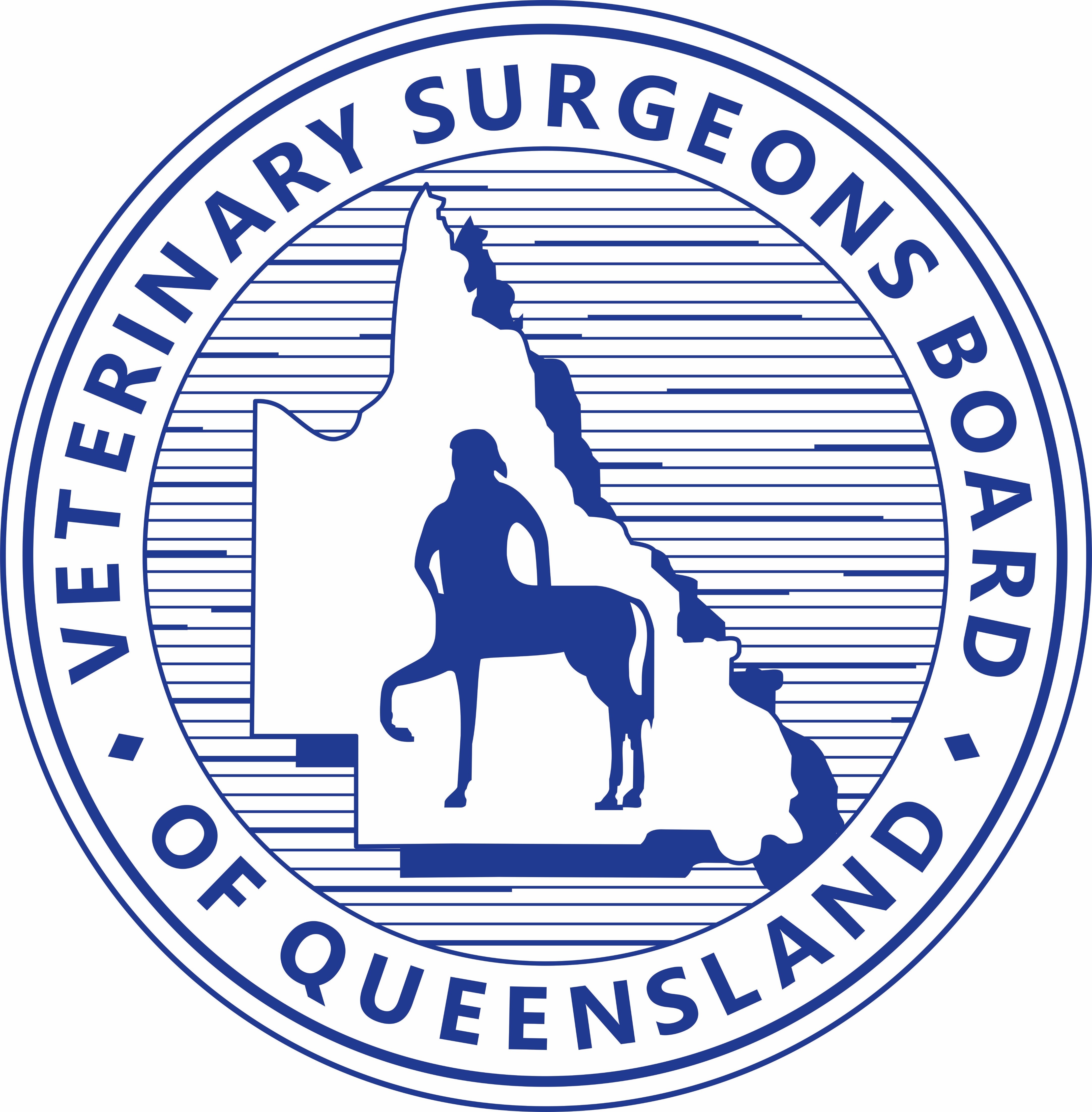Managing the impact of disaster and emergency events on veterinary practices
Events such as natural disasters and pandemics (e.g. COVID-19) can significantly disrupt the normal operations of veterinary practices. By recognising the potential challenges, veterinarians can take proactive steps to protect both their practice and the animals under their care.
Business continuity planning
Developing a business continuity plan will help your business minimise the impacts of disaster or emergency events, continue trading and maintain continuity of care for animals under your care. A current business continuity plan will also assist veterinarians meet their professional obligations as set out in the Code of professional conduct.
A business continuity plan is a document that explains the actions you should take before, during and after unexpected events and situations. For veterinary practices, a plan should include 3 key areas:
- identify possible threats to normal operations
- prioritise key business processes crucial for continuity of care and animal welfare
- plan mitigation strategies to minimise impact on your practice and patients in the event of an emergency e.g. telemedicine.
Below is a non-exclusive list of services that the Board views as being critical or essential veterinary services and should be used as a guide for veterinarians when determining operations during an emergency or disaster situation. Veterinarians should exercise their individual professional judgment when deciding which essential services they will conduct. The Board regards this as an individual responsibility of registered veterinarians.
Essential services
Initiating and continuing to provide veterinary care for animals:
- in pain
- with conditions which require constant or ongoing treatment to prevent deterioration in well-being
- at risk of serious animal health/wellbeing consequences if the animal is not examined and treated in a timely manner
- with, or at risk of, conditions or diseases that pose a public health risk.
Emergency and urgent services including:
- consultations and surgeries (including dental treatments) where pain, suffering or significant deterioration in condition is considered likely without immediate or timely intervention
- diagnostic procedures required to assess the need, type and urgency of treatment
- continuing treatment programs including: chronic disease management, chemotherapy, initial course of vaccinations in an at-risk patient, continuous parasite preventions, ongoing medication and food supply
- assessment of animals to monitor, treat or reduce public health risks or animal disease outbreaks, maintain food safety standards and meet export and biosecurity requirements
- euthanasia
- monitoring and administration of animal health measures at animal welfare shelters, research facilities and events requiring a veterinarian by law.
Consultancy and other services with a role in:
- food supply chain
- public health
- maintenance of health and wellbeing of animal cohorts, such as individual research animals or colonies, flocks, herds and systems of research animals.
Non-essential services
- Adult vaccination boosters, unless there is a high risk of disease to animal or humans
- Routine wellness checks, dental checks and blood tests where possible
- Desexing surgeries, except in cases of illness or high risk thereof
- Pre-purchase examinations
- Aesthetic grooming and nail trimming
Read more about business continuity planning.
Operating safely during COVID-19
The Board has not placed any restrictions on veterinary practice specific to COVID-19.
The Queensland Government recommends all businesses have plans in place that cover COVID-19 risks for the health and safety of staff and customers.
All veterinarians need to consider developing Covid-19 operating plans to guide which services and procedures might continue to be offered and how staff can deliver veterinary services while appropriately managing Covid-19 risks.
All businesses should:
- maintain good hand and respiratory hygiene
- conduct regular cleaning and disinfection
- send unwell staff home immediately to
Read more about business and COVID-19 and managing COVID-19 in your business or workplace.
Last updated: 07 Mar 2024
